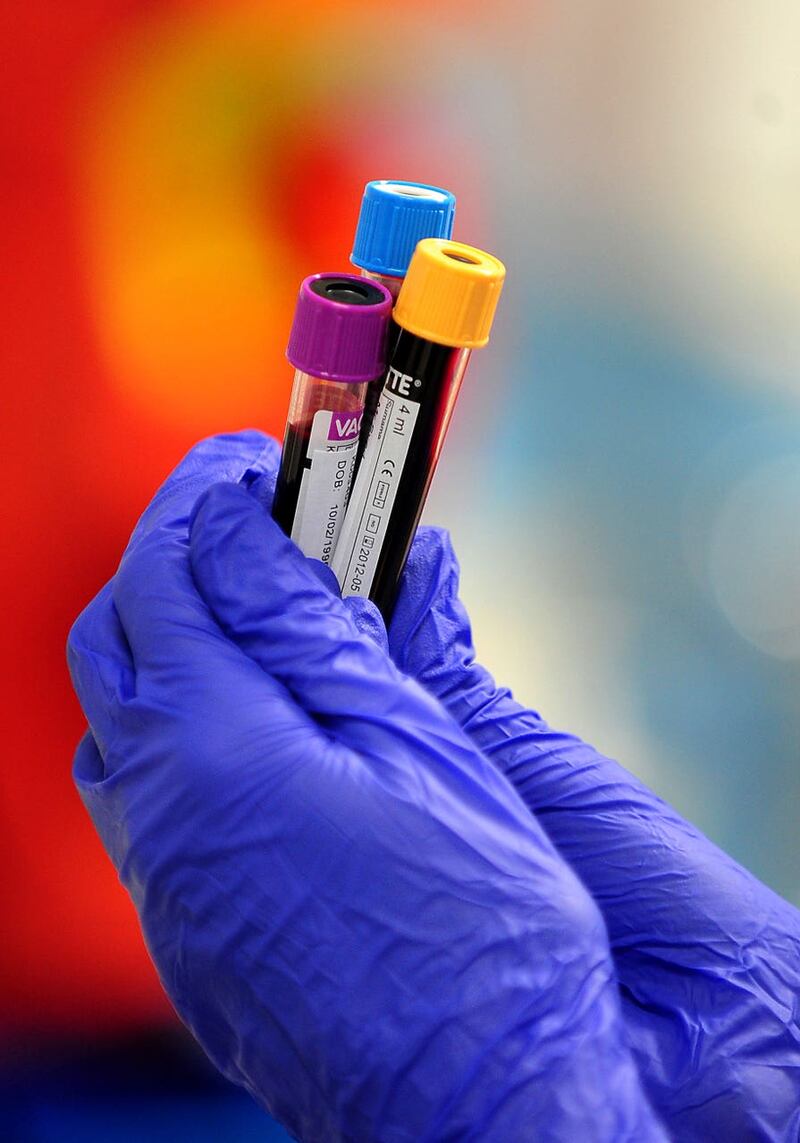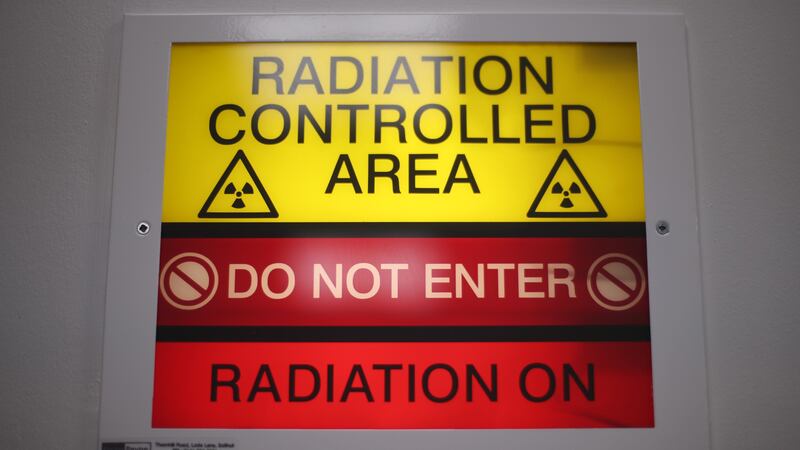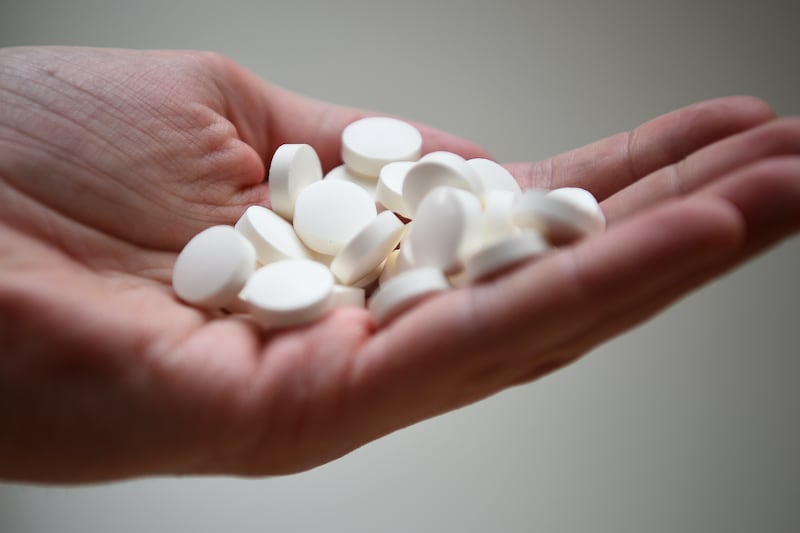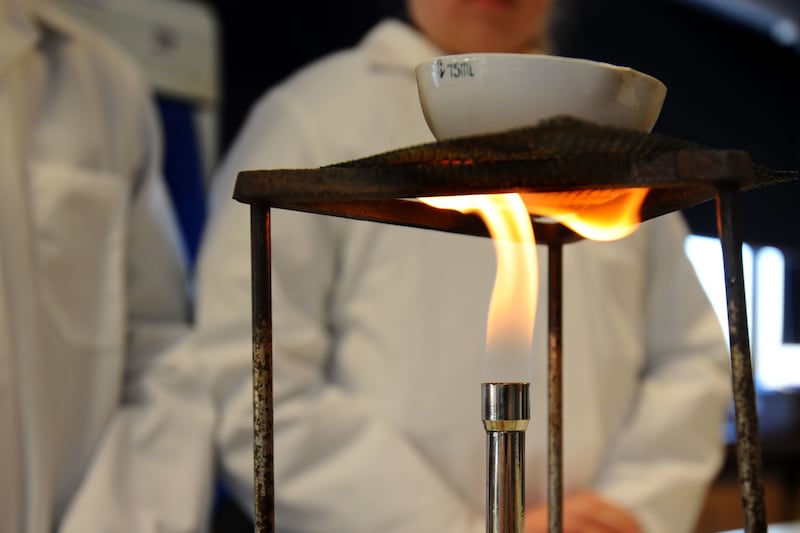Men with higher levels of free testosterone and a growth hormone in their blood are more likely to be diagnosed with prostate cancer, research suggests.
Factors such as ethnicity, older age and family history of the condition are already known to increase the likelihood of developing the cancer.
But researchers say a study of more than 200,000 men is one of the first to suggest strong evidence of two factors that could possibly be modified to reduce prostate cancer risk.
The research was presented at the 2019 National Cancer Research Institute (NCRI) Cancer Conference in Glasgow, Scotland.
It was led by Dr Ruth Travis, an Associate Professor, and Ellie Watts, a Research Fellow, both based at the Nuffield Department of Population Health, University of Oxford.
Dr Travis said: “Prostate cancer is the second most commonly diagnosed cancer in men worldwide after lung cancer and a leading cause of cancer death.
“But there is no evidence-based advice that we can give to men to reduce their risk.
“We were interested in studying the levels of two hormones circulating in the blood because previous research suggests they could be linked with prostate cancer and because these are factors that could potentially be altered in an attempt to reduce prostate cancer risk.”
Researchers looked at 200,452 cancer-free men who are part of the UK Biobank project, and were not taking any hormone therapy.
Blood samples were tested for their levels of testosterone and a growth hormone called insulin-like growth factor-I (IGF-I).
Levels of free testosterone – testosterone that is circulating in the blood and not bound to any other molecule and can therefore have an effect in the body – were calculated.

A subset of 9,000 men gave a second blood sample at a later date, to help the researchers account for natural fluctuations in hormone levels.
The men were followed for an average of six to seven years, and within the group there were 5,412 cases of prostate cancer and 296 deaths from the disease.
According to the scientists, those with higher concentrations of the two hormones in their blood were more likely to be diagnosed with prostate cancer.
For every increase of five nanomoles in the concentration of IGF-I per litre of blood (5 nmol/L), men were 9% more likely to develop prostate cancer.
For every increase of 50 picomoles of free testosterone per litre of blood (50 pmol/L), there was a 10% increase in prostate cancer risk.
Analysing the findings as a whole, the scientists say they correspond to a 25% greater risk in men who have the highest levels of IGF-I, compared to those with the lowest.
While those with the highest free testosterone levels face an 18% greater risk of prostate cancer, compared to those with the lowest levels.
Dr Travis said: “This type of study can’t tell us why these factors are linked, but we know that testosterone plays a role in the normal growth and function of the prostate and that IGF-I has a role in stimulating the growth of cells in our bodies.
“What this research does tell us is that these two hormones could be a mechanism that links things like diet, lifestyle and body size with the risk of prostate cancer.
“This takes us a step closer to strategies for preventing the disease.”








